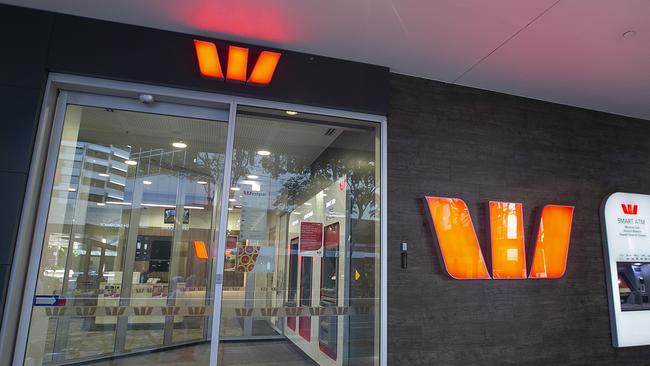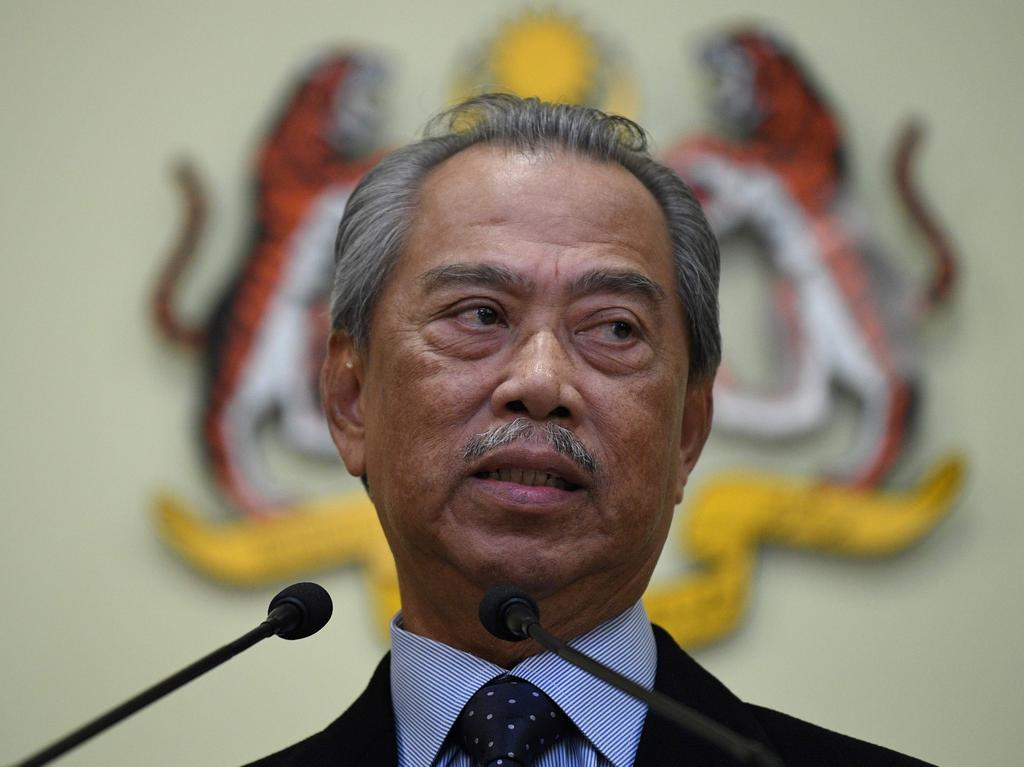
He didn’t miss when criticising the spin Westpac has engaged in over the Austrac scandal, taking particular aim at the new chairman, John McFarlane, and the culture of arrogance within the bank.
If only Westpac had been so swift responding to the use of its systems by child exploitation rackets in the first place. More than 23 million breaches of anti-money-laundering rules, just for starters. Swifter action back then might have avoided the need for any further action now.
But the wrongdoings did occur, and now Westpac is more interested in spinning its way out of paying the full quotient owed for the breaches than in improving the broken culture that led to the failures in the first place.
This is a big bank well known within the industry for its elbows-out response to allegations of wrongdoing. Rarely prepared to concede defeat. Always willing to throw its weight around.
The promotion of Les Vance into the newly established group executive role as head of financial crime, compliance and conduct tells you everything you need to know about how Westpac plans to approach the Austrac case.
Vance’s previous positions within the organisation saw him at the vanguard of attempts by Westpac to legally manoeuvre its way out of trouble.
But the bank seems on this occasion to have run head first into an attorney-general who is not for turning, to borrow Margaret Thatcher’s phrase.
Porter is none too impressed with the way Westpac has backgrounded journalists and rolled out a callow public relations campaign to essentially try to spin its way around the hard reality its Austrac breaches make Commonwealth Bank’s breaches (which cost it $700m) look like rounding errors.
Despite reaching agreement on the substance of most of the Austrac charges, the two parties remain in dispute over an appropriate penalty. Westpac has set aside $900m, but Austrac is believed to be seeking as much as $1.5bn.
The bank’s culture is toxic, and was found to be so by its own internal review.
McFarlane was appointed to Westpac in January, following a boardroom and executive cleanout in the wake of the Austrac scandal. He was former CEO Brian Hartzer’s mentor during their ANZ days, yet he was brought in to send a message of change.
The head of corporate affairs, who oversaw the initial debacle of a response to the Austrac scandal (and wasn’t even in the country when it broke), Carolyn McCann, continues to oversee the bank’s public response to Austrac. Notwithstanding the total breakdown in the bank’s relationship with government — a responsibility that falls entirely within her remit. Not to mention the damage done to the Westpac brand.
Almost on cue on Wednesday when news of Porter’s scathing comments about Westpac’s arrogant use of spin broke, the bank made an ASX announcement about jobs returning on shore. The spin was so obvious it almost makes you giddy.
If Porter’s criticisms weren’t enough to highlight his contempt for the way Westpac as a business carries itself, on Wednesday he confirmed to The Australian that he plans to cancel the personal credit card he holds with Westpac, as a protest against the bank’s behaviour.
In short, he doesn’t want to bank with an organisation that acts the way Westpac does.
The risk for Australia’s second-largest bank is that Porter’s feelings become the wider view of politicians across the political spectrum. Not in their personal banking dealings to be sure, but with respect to the actions of governments they professionally are a part of.
Westpac is the biggest banker of state and federal governments, which may now want to think twice about continuing to send business Westpac’s way, if it is going to act so disgracefully in the future; if the very people who presided over past PR failures and legal manoeuvring are going to remain in the executive team, making the decisions how the bank conducts itself.
Peter van Onselen is a professor of politics and public policy at the University of Western Australia and Griffith University.







Before dawn on Wednesday, senior Westpac executives had already dialled into meetings to “crisis manage” the scathing comments reported in this newspaper by Attorney-General Christian Porter.